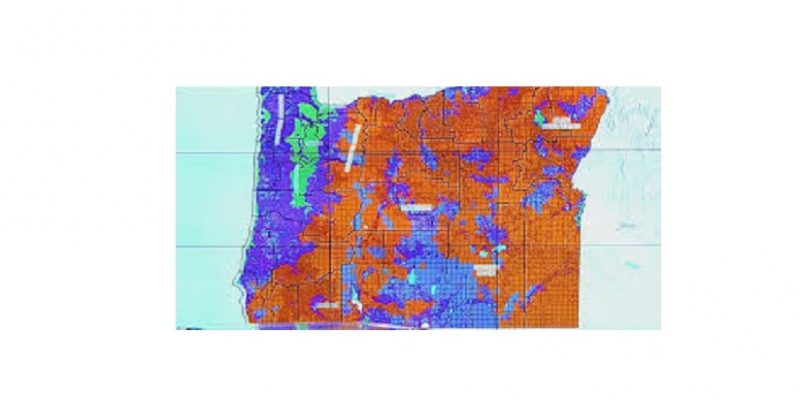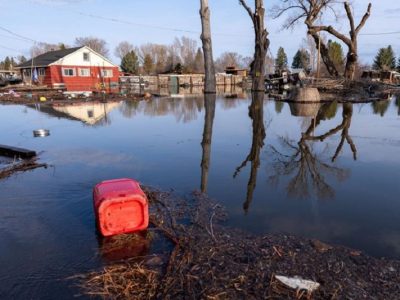
BEND, Ore. — The Oregon Senate voted unanimously on Tuesday to repeal the state’s contentious Wildfire Hazard Map, a key component of the wildfire preparedness efforts initiated under Senate Bill 762 in 2021. The move, encapsulated in Senate Bill 83, also nullifies property maintenance rules that had applied to areas deemed high-risk under the map.
The legislation now moves to the Oregon House of Representatives for consideration.
Supporters of the bill say it marks a critical step toward rebuilding trust between the state government and Oregonians—particularly those in rural areas who felt unfairly singled out by the wildfire risk assessments.
“We need Senate Bill 83 to heal the huge divide among Oregonians, triggered by a wildfire map that made no logical sense to thousands of affected people,” said Sen. Jeff Golden (D-Ashland), chair of the Senate Natural Resources and Wildfire Committee. “That divide was squarely in the way of building the broad-based collaboration we need to meet the wildfire crisis, which is far beyond what government on its own can solve.”
Senate Republicans also celebrated the measure, calling it a victory for property rights and rural communities.
“Today, we celebrate a hard-fought victory for rural Oregon,” said Senate Republican Leader Daniel Bonham (R-The Dalles). “Senate Bill 83 repeals the most flawed and overreaching aspects of Senate Bill 762 from 2021, including the State Wildfire Hazard Map, while preserving the programs that genuinely protect property owners and reduce wildfire risks.”
The now-repealed map had been updated and re-released after its initial rollout in 2022 drew heavy criticism from homeowners and local officials. Opponents argued the map was too broad and failed to consider individual efforts to fireproof homes and properties.
Although Oregon law prohibits insurance companies from using the state wildfire map to determine premiums or coverage policies, many homeowners reported rising premiums, lost insurance coverage, and failed property sales—issues they attributed to the map’s classification of their properties as high-risk.
The Oregon Department of Forestry had maintained that insurers use their own risk models and data, not the state map, when determining coverage. Nonetheless, the perception that the map was affecting insurance markets became a flashpoint in the debate.
Senate Bill 83 preserves elements of Senate Bill 762 aimed at wildfire risk reduction, including community resilience planning and fuel management programs, while eliminating the most controversial aspects of the law.
If passed by the House and signed into law, the repeal would mark a significant shift in Oregon’s wildfire preparedness strategy, placing a greater emphasis on collaboration and local input over centralized mapping efforts.












